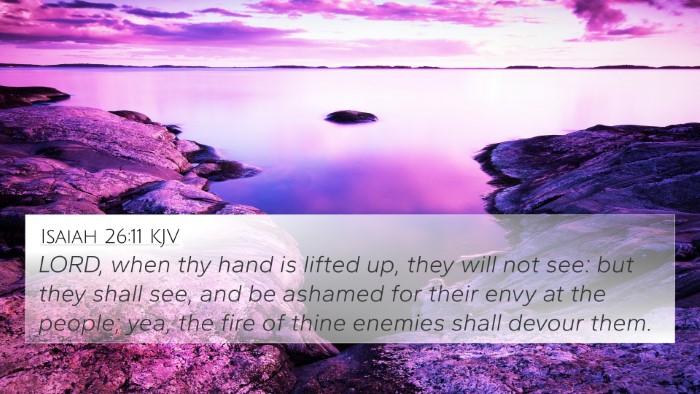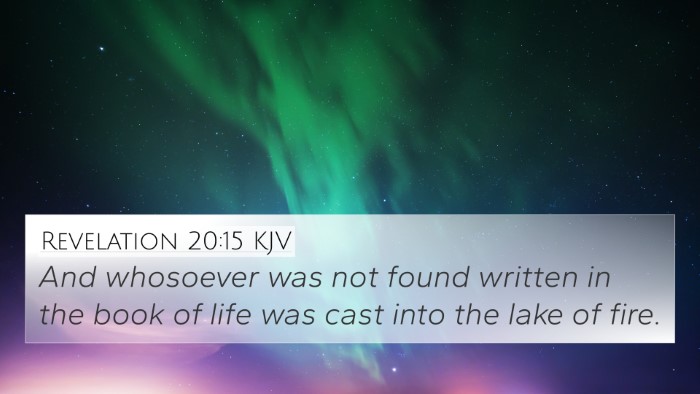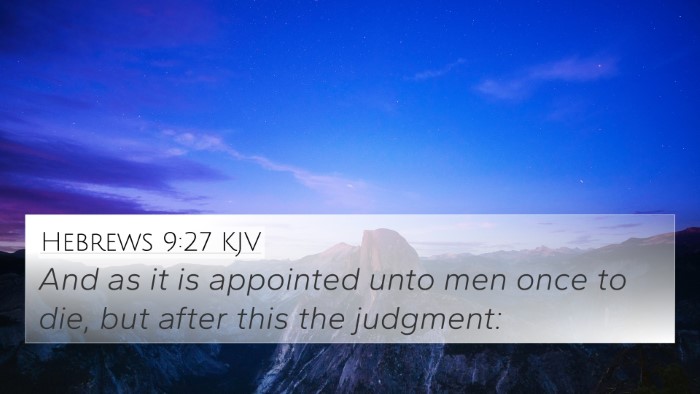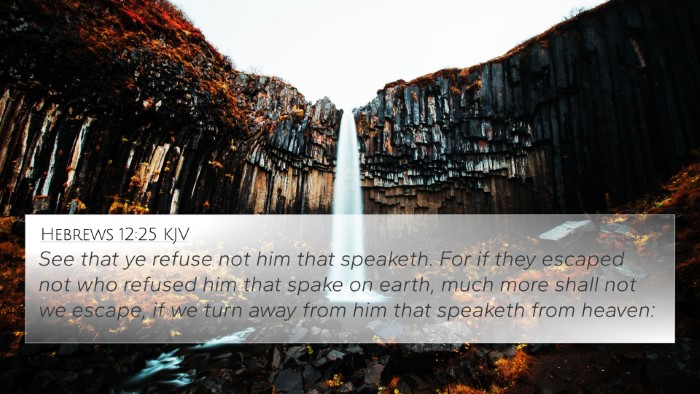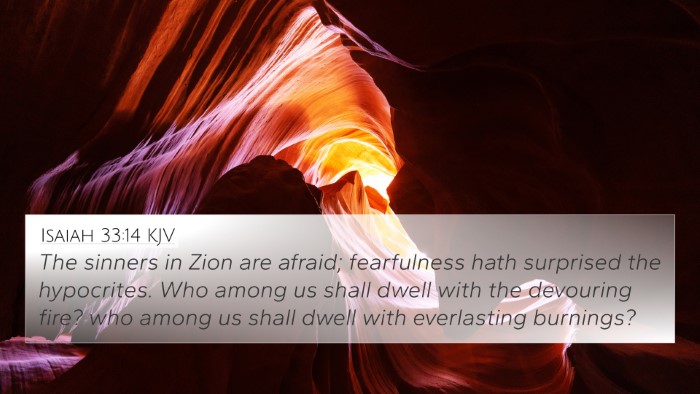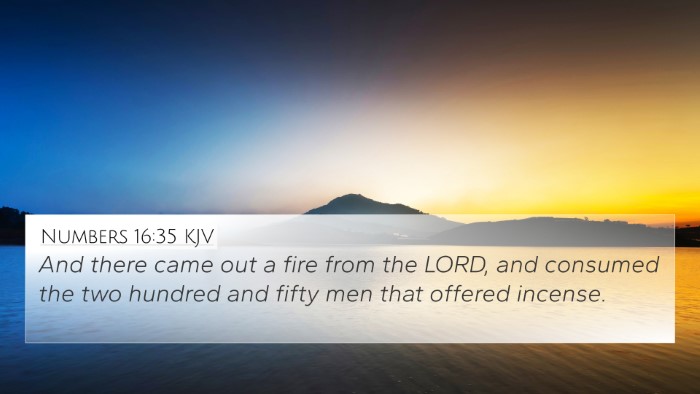Understanding Hebrews 10:27
Hebrews 10:27 states, "But a fearful expectation of judgment, and a fiery indignation which will devour the adversaries." This solemn warning serves as a reminder of the consequences of rejecting God's grace. Several public domain commentaries shed light on its meaning, exploring themes of judgment, accountability, and the seriousness of sin.
Commentary Insights
The verse contrasts the assurance of salvation through faith with the dreadful fate awaiting those who knowingly reject God's offer of grace. The imagery of "fiery indignation" underscores the severity of God's judgment. Let's delve deeper by examining insights from renowned commentators.
Matthew Henry's Commentary
Matthew Henry emphasizes that this verse highlights the dire consequences of apostasy—the deliberate abandonment of faith. He warns that there is no middle ground; those who turn away from the faith face judgment, likening their fate to that of the adversaries of God. The reference to "fiery indignation" serves as a metaphoric representation of the consuming nature of divine wrath against sin.
Albert Barnes' Notes
Albert Barnes describes the "fearful expectation" as a psychological state of those who have sinned willfully after receiving knowledge of the truth. He suggests that the certainty of judgment creates an anxious anticipation for those who turn away from the grace of God. The mention of "devouring adversaries" serves to illustrate the complete and total destruction that awaits those who oppose God and His commands.
Adam Clarke's Commentary
Adam Clarke also echoes the theme of judgment, explaining that this verse serves as a warning against the danger of rejecting the knowledge of truth. He points out that the author of Hebrews seeks to instill a sense of fear and urgency regarding the consequences that await those who neglect salvation. Clarke notes that such willfully chosen separation from God results in the inevitable and severe judicial response from Him.
Key Themes and Connections
This verse acts as a crucial point of reflection for believers, encouraging them to consider the gravity of their faith choices. The following themes emerge from the verse, serving as inter-Biblical dialogue points:
- Judgment: The expectation of facing divine wrath emphasizes the reality of God's judgment.
- Accountability: Individuals are held accountable for their rejection of God's truth and grace.
- Hope vs. Fear: This verse stands in stark contrast to verses that express hope in salvation through Christ.
Bible Verse Cross-References
To deepen the understanding of Hebrews 10:27, here are notable Bible cross-references:
- 2 Peter 3:7: Reference to judgment and destruction of ungodly men.
- Revelation 20:15: The fate of those not found in the Book of Life is described.
- Matthew 10:28: Jesus emphasizes fear of God who can destroy both soul and body.
- Romans 2:5-6: God's righteous judgment based on the deeds of individuals.
- Hebrews 6:4-6: The consequences of falling away after enlightenment.
- Matthew 12:36-37: Accountability for every idle word spoken.
- Isaiah 26:11: The fierce nature of God's judgment on the wicked.
Tools for Bible Cross-Referencing
Understanding Hebrews 10:27 and related verses can be enhanced through various tools for Bible cross-referencing. These include:
- Bible Concordance: A resource for finding specific verses and where they appear.
- Bible Cross-Reference Guide: Offers lists of related verses to facilitate study.
- Cross-Referencing Bible Study: Methods for studying themes across the Scriptures.
- Comprehensive Bible Cross-Reference Materials: Compilations of verses that relate to each other for deeper understanding.
Conclusion
Hebrews 10:27 serves as a sobering reminder of the consequences of forsaking faith and reveals the intensity of God's judgment upon willful sinners. Through the insights shared by esteemed commentators and frequent cross-references, believers are urged to reflect on their relationship with God, embrace grace, and pursue a life that honors their commitments to Him.



